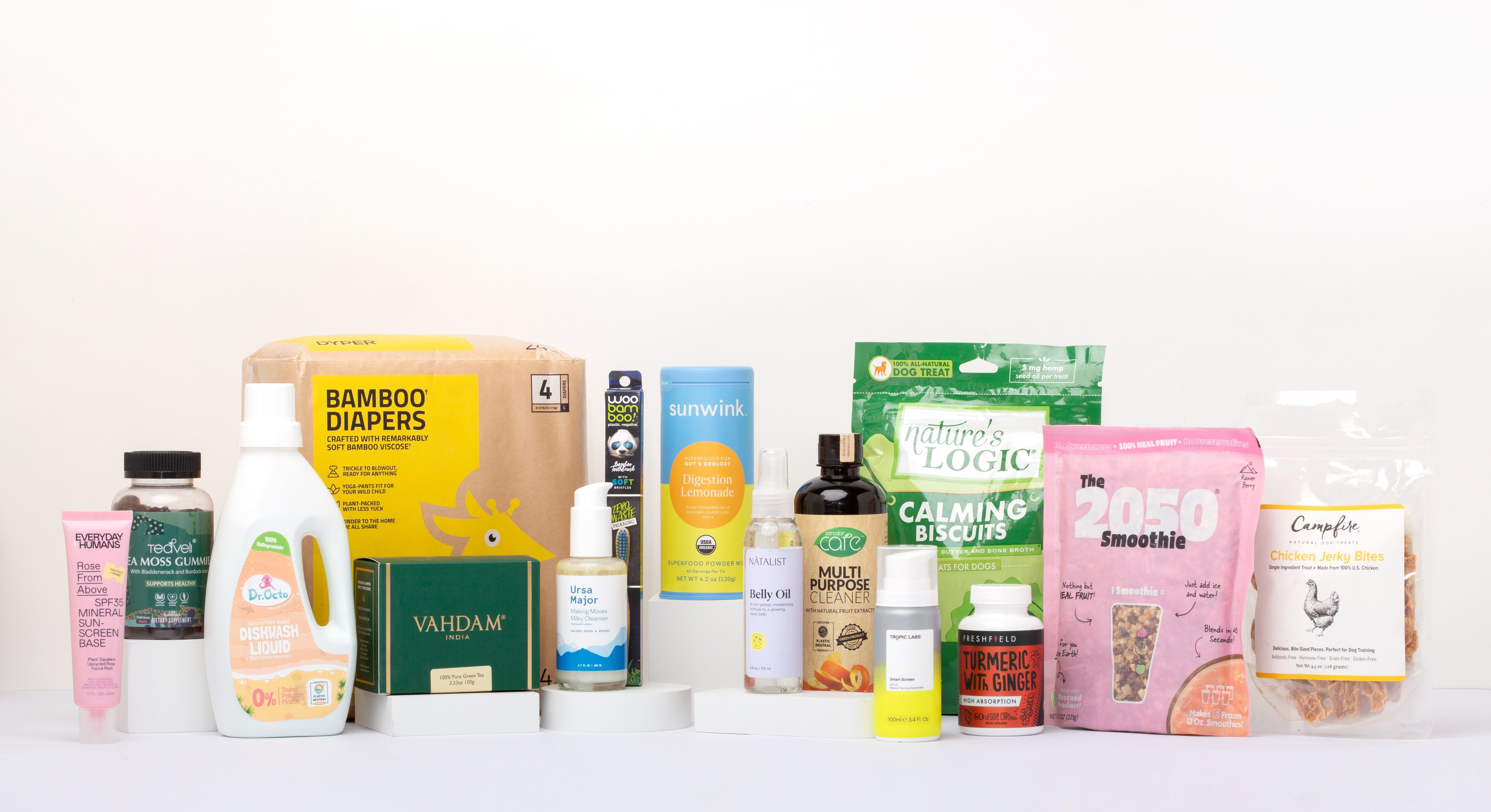3 Lessons Quarantine Can Teach Us About Environmental Stewardship
COVID-19 has changed everything, from the way we shop to how we jog down the street. Reflecting on this global shift in human behavior may teach us a thing or two about how to treat the planet.
Let’s face it, COVID-19 has changed everything, from the way we shop to how we jog down the street. It’s hard to remember what life was like before social distancing. As many of our quarantines are coming to an end, reflecting on this global shift in human behavior may teach us a thing or two about how we live and how we treat the planet. Taking the time to reflect on our impacts can help us improve our environmental stewardship.
So, let’s focus on the positive — the optimistic outcomes from quarantine and how we can reinvigorate our lives and the planet going forward.
As a society, we have connected through isolation. We have dealt with uncertainty and worry, but there are many amazing experiences we have to show. These lessons should undoubtedly be brought into the future to help us live more sustainably.
Reframe Your Actions to Prepare for the Future

As we further learn about our toxic environmental footprint, the more urgent reform becomes. The IPCC suggests we only have ten years to get our act together before the effects of unrestrained consumption push our climate to breaking point.
Each of us needs to seriously consider how we can reduce our footprint and become more thoughtful environmental stewards. Nevertheless, there are solutions, and many can be found by examining the effects of our international quarantine.
Quarantine has been an arduous social experiment. But very few moments in history allow us to directly understand the effects of limiting human exposure to the environment.
Flights have been reduced by nearly 60 percent, and in combination with lighter road traffic C02 and N02 levels have drastically decreased. As significant contributors to global warming, the current levels of greenhouse gases are unprecedented. While the reduction is fantastic, our isolation will soon come to an end.
We must consider improving our environmental stewardship and treating climate change with the same tenacity as we have COVID-19. An international undertaking is necessary to respond to our changing climate.
Minimize Your Footprint and Live with Less

Minimalism is a powerful tool. As a society, we consume a lot. We buy useless gadgets and spend money without cause. As many of us are stuck indoors, there has been less opportunity to purchase.
We have discovered the minimal amount needed to live. We don’t need to purchase to be happy. As we shelter ourselves from the pandemic — our isolated world is maximized by using and needing less.
To understand how to reduce, the first step is to know how much we use. Minimizing plastic is an excellent first step in thoughtful environmental stewardship. Utilize rePurpose Global’s plastic footprint calculator to quickly determine your plastic footprint and understand where you use the most plastic.
Your Survival Depends on Humanity’s Collective Action

Perspective is a unique outcome of isolation. We have learned to slow down and connect with our ecosystem. See the effects of every action we take. Now, we can perceive our world in a new, defined way.
As a society, we are just as connected. Individual actions have a worldwide impact — our earth is one system. All of our waterways eventually connect; our atmosphere flows around each of us. The carbon I emit pollutes my ecosystem just as much as it does yours, and the plastic that you throw away pollutes my oceans too.
Most developed countries are not burdened by their waste, as most are shipped away and managed elsewhere. Correspondingly, other societies are overwhelmed with our waste and their own. Take some time to learn about how our waste is treated and the burden of consumption.
Our earth system is resilient, but we desperately need to consider our impacts. A practical first step of thoughtful environmental stewardship is calculating your footprint with the plastic footprint calculator and redefine your impact. Take the next step to keep the planet safe by going Plastic Neutral with rePurpose Global. Join the pursuit of a world with less waste.
Get Started with Verified Plastic Recovery for your Brand
rePurpose Global is here to support your sustainability roadmap with impactful and measurable Plastic Action solutions that deliver immediate results. Partner with us to measure your plastic footprint, fund plastic waste recovery, and create strong sustainability messaging for your brand.
Talk to our team to explore how we can work together.

Related Posts
US Waste Exporting Explained
What’s the dark side of waste processing? Learn more about how the plastic products and packagings used by you affect someone on the other side of the world.
The Silent Threat of Microplastics: How Small Pollutants Are Affecting Your Health and the Planet
Microplastics are everywhere—lurking in our food, water, and even the air we breathe. But beyond their well-known environmental impact, these tiny plastic particles are quietly infiltrating our bodies, contributing to major health crises like heart disease, infertility, obesity, and cancer. The growing body of research suggests that microplastics are not just an ecological concern but a direct threat to human health. In this article, we explore the alarming ways microplastics are affecting our well-being, why this issue has remained largely overlooked, and what we can do to reduce our exposure before it's too late.
Which Plastics are the Major Contributors to Plastic Pollution?
Since more than half the plastic we consume is discarded after one use, they cause severe degradation to our planet. But which of these plastics are the major contributors to plastic pollution?















